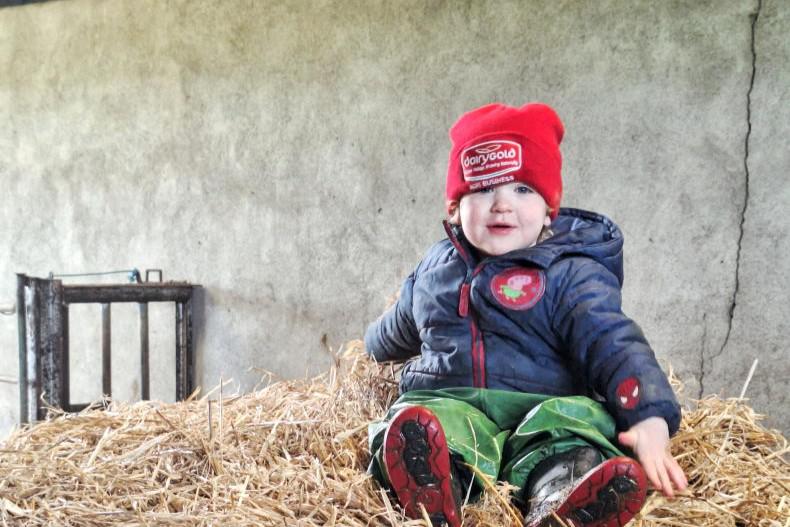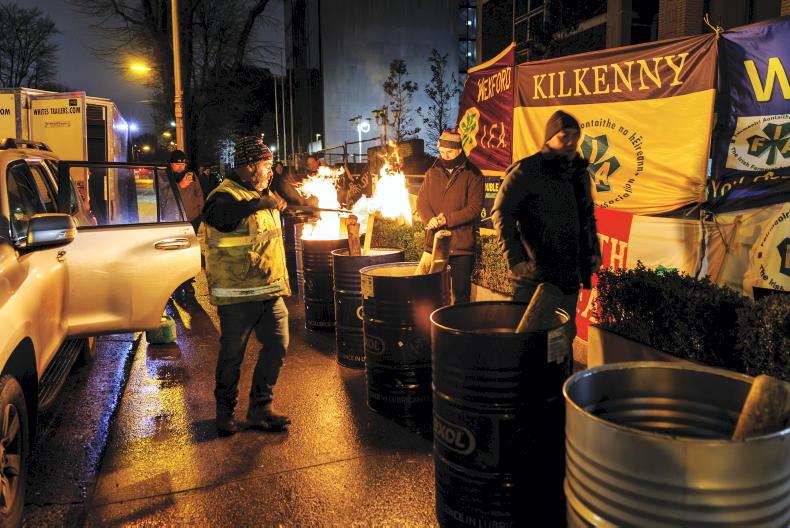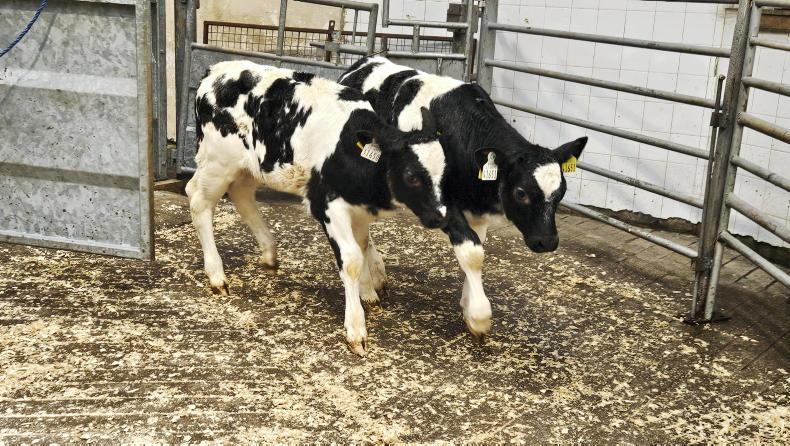I’d like to think that the new Minister for Housing James Browne was reading Irish Country Living three weeks ago when we put Ciara O’Brien on the cover. Ciara’s story kicked off our series on building a home in rural Ireland.
This entrepreneurial businesswoman saw potential in a property in Mitchelstown, not just as her home but as a B&B business venture, and she applied for the Vacant Property Refurbishment Grant.
Getting approved for a grant of €50,000 is nothing to be sniffed at but getting the money in her bank account was another story. In April 2023, Ciara got the thumbs up from her local authority that she had been approved.
However, the grant isn’t issued until after the site inspection, which took place in May 2024. Six months later, Ciara was still waiting for the money to land in her account. It came through before Christmas but in the meantime, she was footing the bill and paying interest on bridging loans.
Last week, Minister Browne announced that he wanted the grant to be reviewed, looking to introduce stage payments while works are being undertaken. This would be a very welcome move, and hopefully, it comes in faster than Ciara was waiting for her money.
Housing announcement
The other housing announcement that got people talking last week was the news that the junior minister for planning John Cummins is looking to provide planning exemptions for detached cabin or modular-style structures to the rear of existing homes. At the moment, you can add a 40 sq m extension to your property, without planning permission.
The minister is proposing to change this exemption by removing the requirement for the extension to be attached to the property. There was plenty of backlash from the opposition, saying the move was like putting a sticking plaster on a much larger housing problem. And there was lots of focus on the implications in urban areas.
What farming families have on their side though, is land and space and for some, it could be very beneficial. Building a house in rural Ireland can be a long and expensive process.
Some families are forced to pay high rents while they wait it out, while others have to move back to their family home. Parents and adult children living under the one roof isn’t always easy – reverting back to teenage arguments about unloading the dishwasher.
These modular homes could solve a short-term housing problem but they also have longevity, for example, they can later be used as offices to enable people to work from home in rural Ireland.
Speaking to a farmer last week, they could also provide a labour solution. On busy farms, especially in dairy and pigs, labour shortages are a very real issue. Even if you can find hard-working reliable people, they have issues finding accommodation themselves, especially as many are coming from abroad.
Anyone that has done farm labour in the outback of Australia knows these types of modular homes are commonplace, and maybe they could help solve a labour issue here as well.
If the Government could get the finer details right, then this plaster might just stick.









SHARING OPTIONS